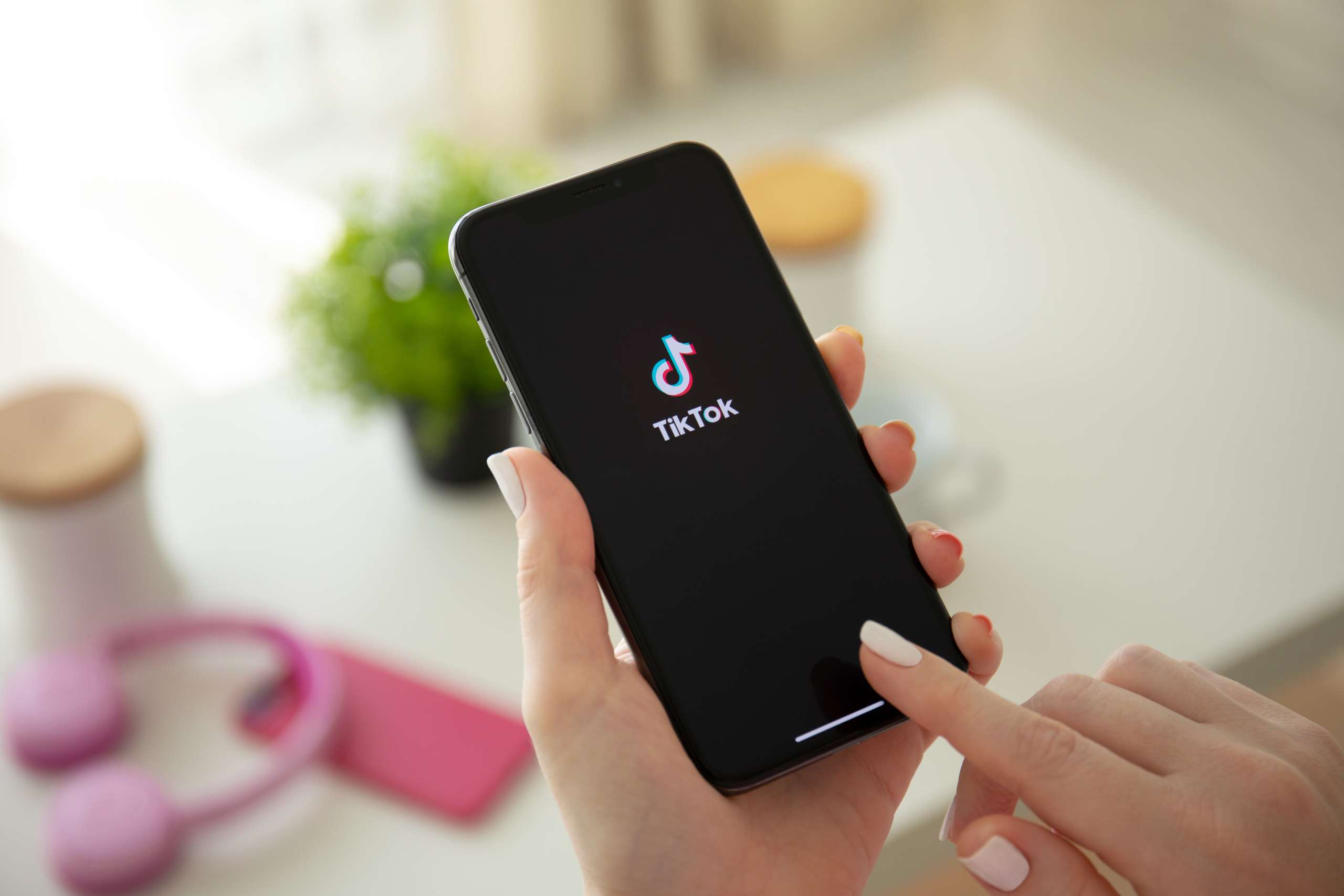Originally posted on: https://moshe-89570.medium.com/is-tiktok-becoming-a-search-engine-b0893e56d82
Move over Google, TikTok is the new search engine for Generation Z. Over the past few years, it has been well documented that TikTok is the most popular social media application for Gen Z. A surprising new statistic has actually shown that 40% of Gen Z users choose Instagram and TikTok to search for things instead of using Google. For almost two decades, Google has dominated the search engine space to the point where “googling” has become a verb. This recent shift in search engine behavior is indicative of a much larger shift that’s happening across the Internet.
More recently, TikTok has been testing a new search feature, which has people wondering if it’s actually a viable search engine. When viewing a video’s comment section, TikTok now shows suggested search terms. Regardless of these new possible features, TikTok is already being used as a search engine. A viral tweet from May 2022 shows the mentality Gen Z has when using TikTok as a search engine. This tweet by user @ikeko__ states, “I’m not even joking but TikTok is proving to be a better search engine than Google these days.” This tweet racked up over 116,000 likes and 14,000 retweets, showing that many people agree with her.
Why is TikTok being used as a search engine?
There are many factors that have caused TikTok to transform into a search engine, especially for members of Gen Z. Some of these factors include shorter attention spans, unsatisfactory Google results, and the rise in visual learning styles. With incredibly fast broadband networks, consumers expect information immediately. Instead of having to read through searches on Google, one can simply type the same inquiry into the TikTok search bar that will give them countless related videos to scroll through in less than a millisecond.
Research has found that the Gen Z attention span is only 8 seconds. Since Gen Z grew up with the Internet and technology, they also adapt very quickly to new devices and applications. Gen Z grew up in a highly stimulating environment, encouraging multitasking and jumping from activity to activity. The accessibility of technology right at their fingertips has led Gen Z to have a shorter attention span.
Short attention spans have also led to the rise in the visual learning style, and as one twitter user suggests, “[Gen Z] ha[s] become lazy. We want visuals.” Since Gen Z grew up in the digital era, they have become not only visual learners, but social learners as well. TikTok allows users to learn with visuals in a collaborative social setting, which is why many members of Gen Z are flocking to TikTok as their new primary search engine over more traditional search engines like Google.
Even though you can get both visual and textual information from Google searches, it does require users to look at several pieces of content in order to find what they’re looking for. Another Twitter user tweeted that “[TikTok] give[s] a video explanation and proof all in one, it explains it and breaks it down. Google be wanting me to click too many links.” Growing up with the Internet, Gen Z has learned how to personalize their online experience. They know exactly where to search for hyper-specific information, and Google isn’t always the best choice for that.
Is TikTok really the best search engine choice?
A study performed in the United Kingdom found that TikTok is the fastest growing news source among young adults (ages 16 to 24). This is concerning due to the fact that TikTok is overflowing with misinformation. Even though Google also contains misinformation, it is much easier to fact check a Google search. Studies still show that Americans trust Google much more than they trust TikTok, which was actually found to be the most untrustworthy tech giant. Even so, Gen Z still relies heavily on TikTok as a search engine.
Luckily, TikTok is being used for more than just news. TikTok has become a hub for recipes, travel ideas, and other DIY and instructional videos. YouTube used to dominate this field, but with Gen Z’s shortened attention span, the videos on YouTube are just way too long when compared to the short videos found on TikTok. TikTok has also launched a collection feature similar to Pinterest, which allows users to save videos in designated folders. For example, you can have one folder for recipes, one for the gym, and one for books. This is a feature that Google doesn’t have, although you can always save pages as bookmarks (this has proven to be too much work for Gen Z though).
TikTok is more than just typing a question into the search bar; TikTok creates individual algorithms for each user to feed them curated videos. Say you really like making overnight oats and you happened to like a few recipe videos on TikTok. TikTok will then use this data to find more videos similar to the ones you like so that you can add new recipes to your “breakfast” folder. TikTok even feeds users geo-specific recommendations, like cool spots to visit or trendy restaurants near you.
Many people are becoming tired of Google’s algorithm that prioritizes obscure search engine optimized blogs. When looking for recipes on Google, many times you’ll have to scroll past a very large blog written by the creator just to get to the recipe itself. This has deterred many consumers from using Google to search for recipes. Users prefer TikTok for recipes, since the videos on the platform are short and to the point with an emphasis on the food, not the creator.
If TikTok is used as a search engine, what does this mean for digital marketers?
Digital marketers and brands need to take advantage of TikTok’s rise in popularity, especially if their main target audience is Gen Z. Over 60% of TikTok users are from Gen Z, probably because of its digestible nature. Short-form videos are best for Gen Z because of their measly attention spans and preference for visual learning. Other platforms have even started copying TikTok’s structure by adding new features to their applications that mimic TikTok’s short-form videos. Even Google has hopped on the bandwagon with its Web Stories and YouTube Shorts.
Digital marketers need to capitalize on this new form of information sharing and add it to their content strategy. Businesses and brands need to start thinking like their consumers. TikTok is not about automation and scaling; TikTok focuses on being relatable, convenient, and experiential. TikTok is all about what is happening right now, providing timely and up-to-date options for a single keyword, sometimes providing even more accurate search results than if you typed that same word into Google.
Consumers love TikTok for its unpredictability (although it is curated, it often doesn’t feel that way) and its ability to help them discover new things, while Google is seen more for validation and fact-checking. Businesses need to keep this in mind as they navigate this new digital landscape of consumption and attention in order to succeed. Digital marketers need to prioritize relatability and authenticity, which is what consumers are responding to best. TikTok marketing is a rapidly growing industry that businesses need to understand in order to stay relevant.





